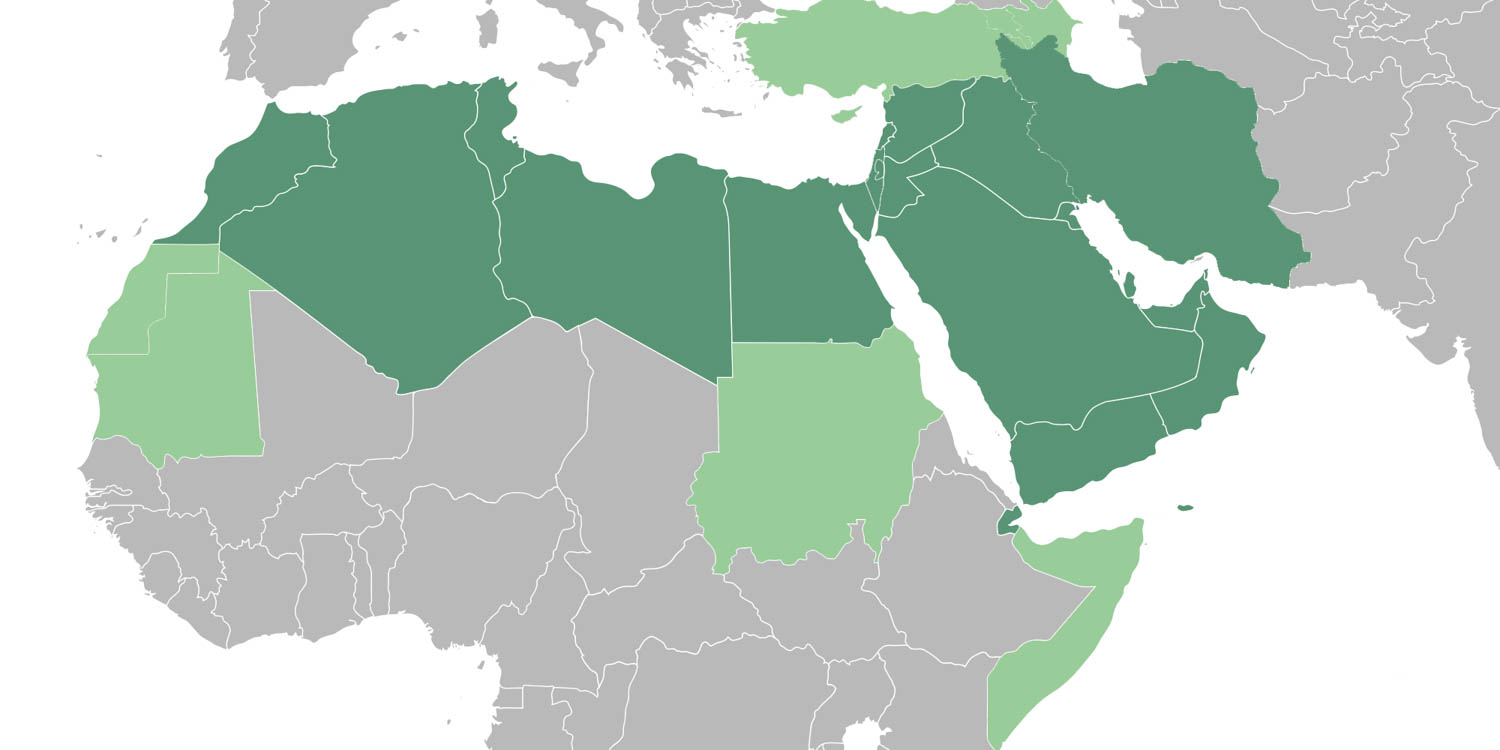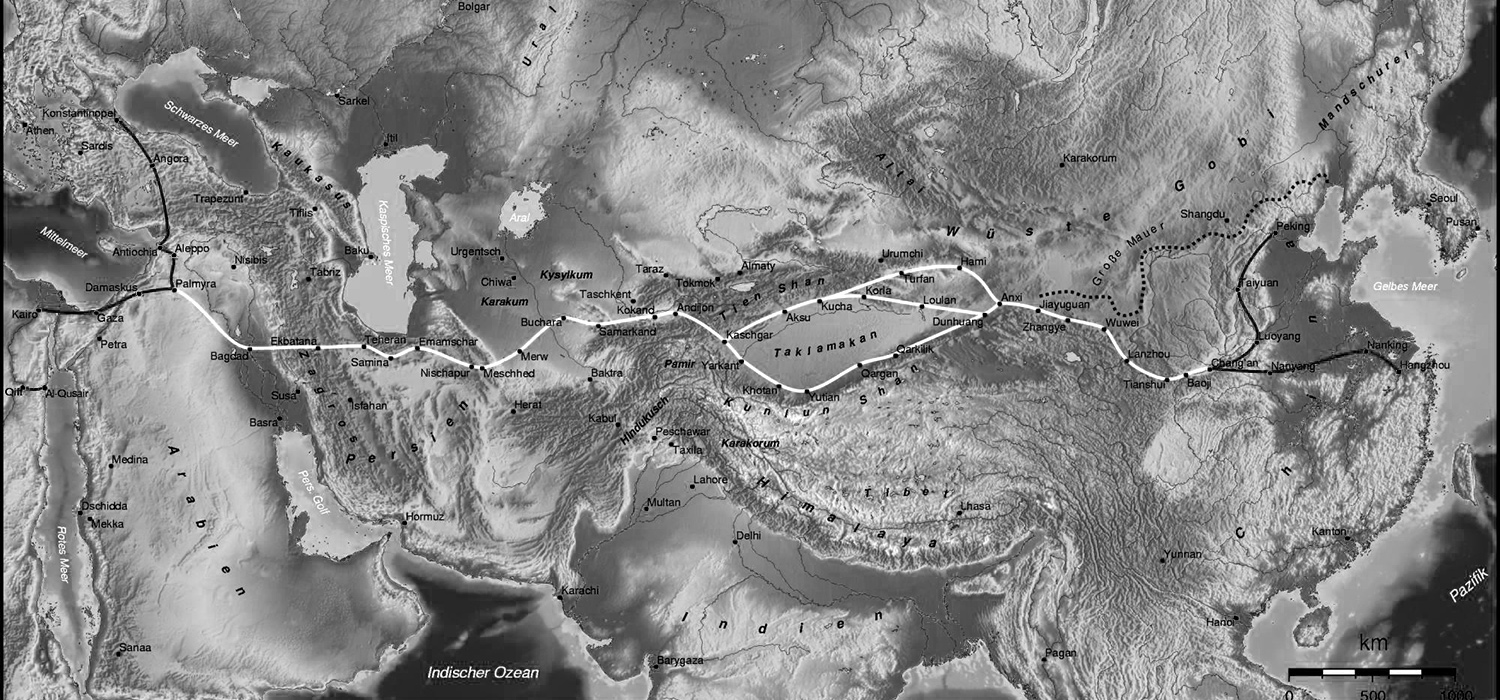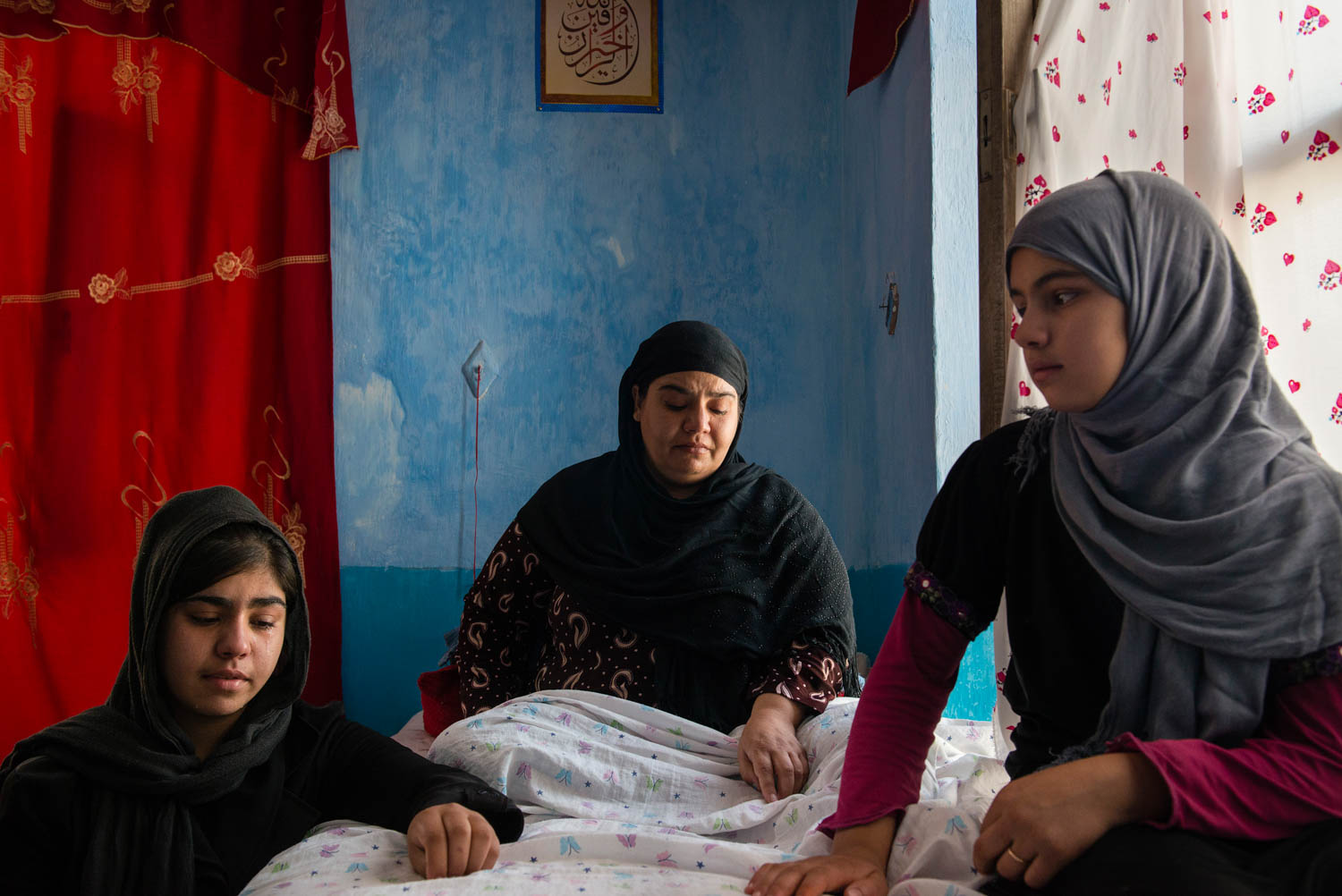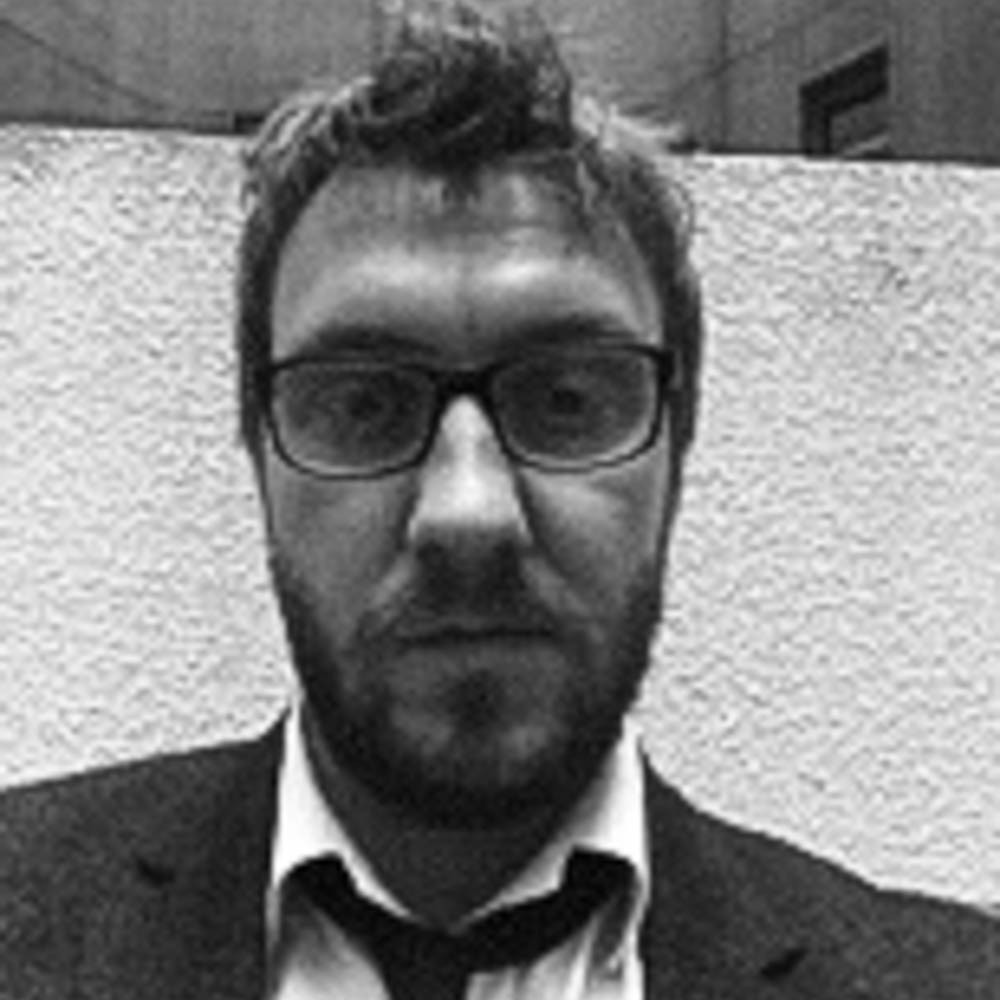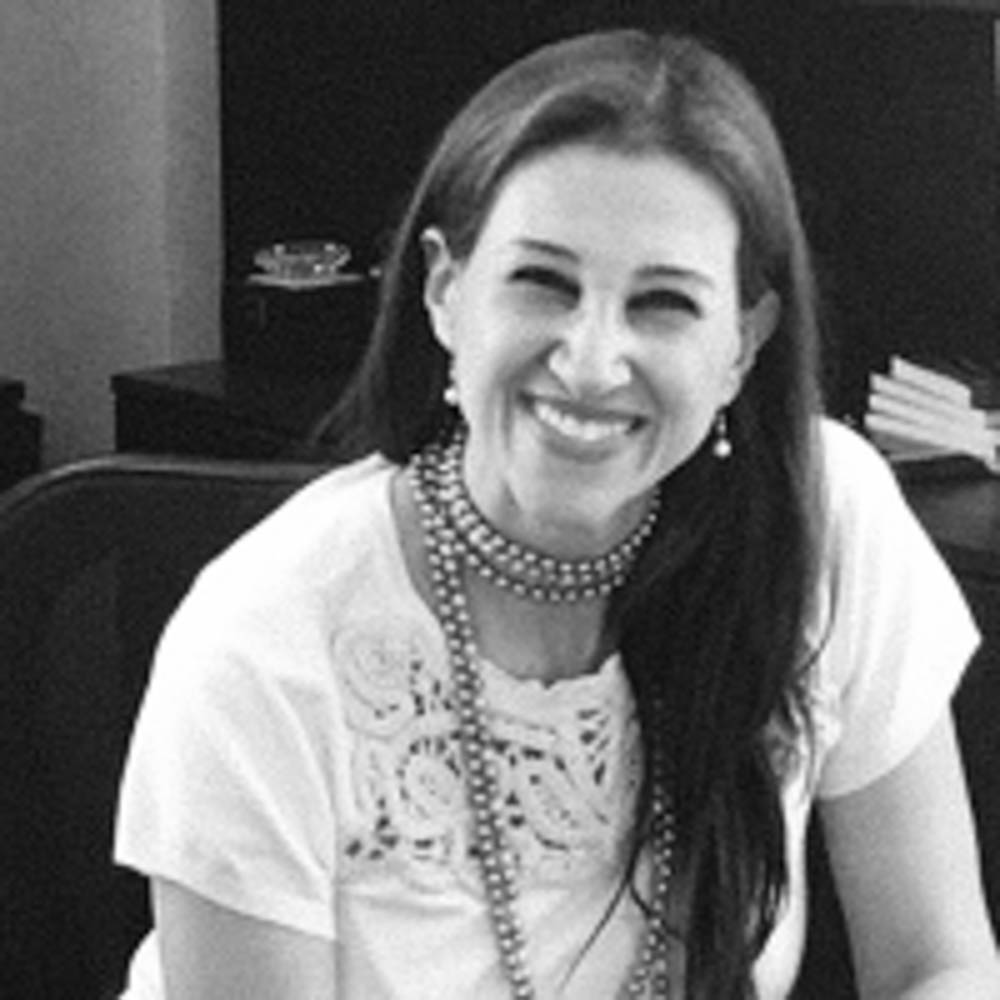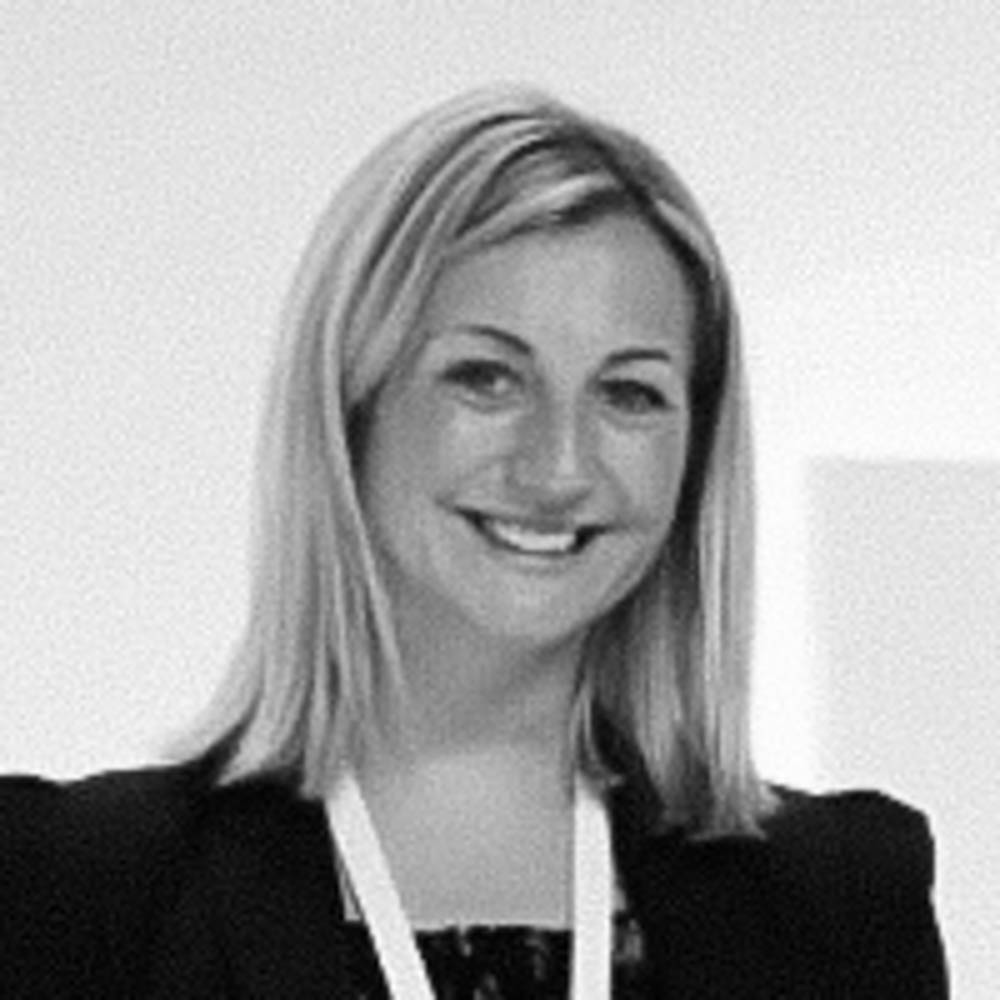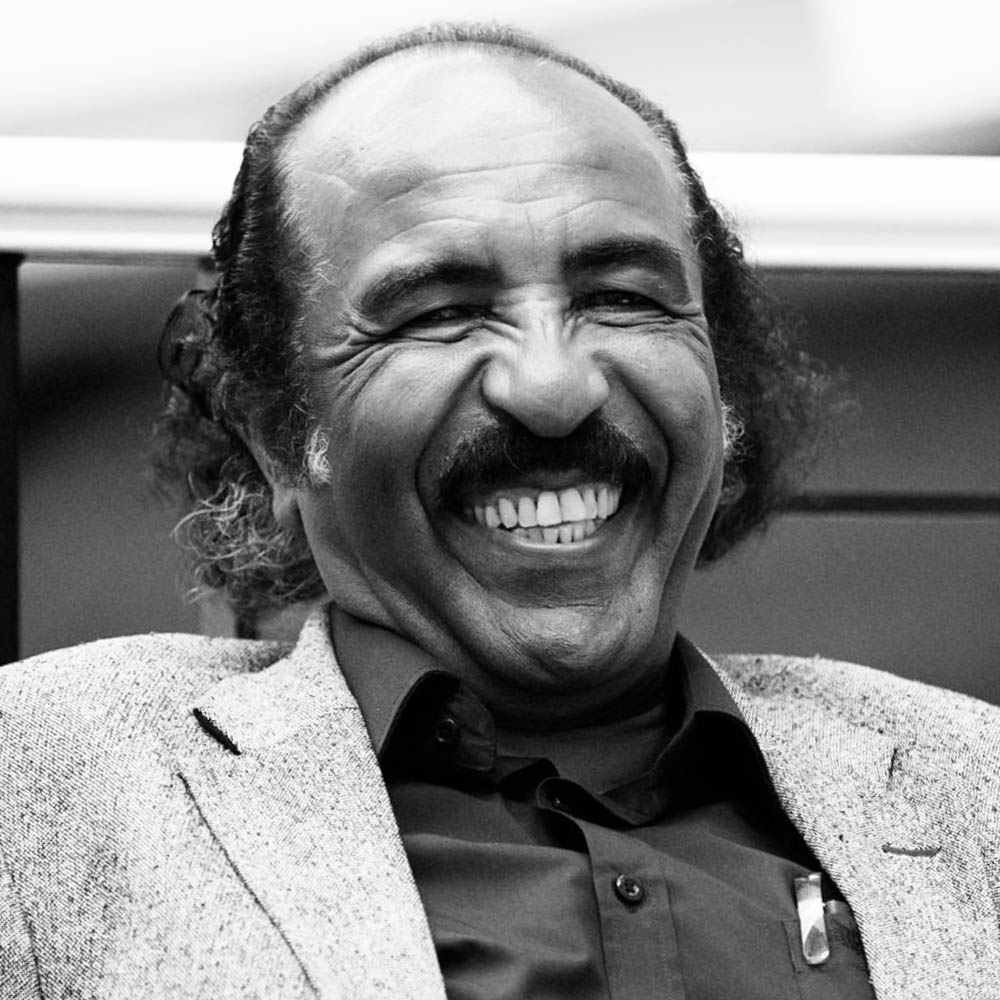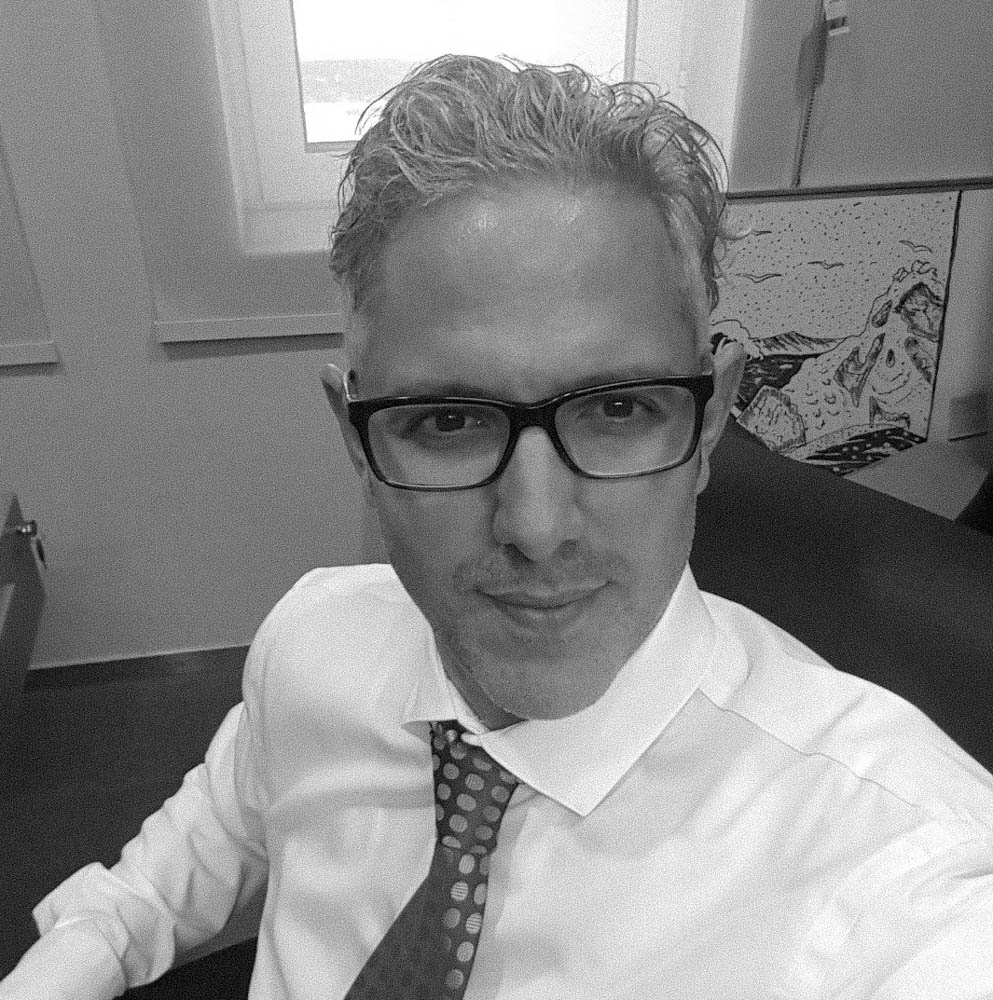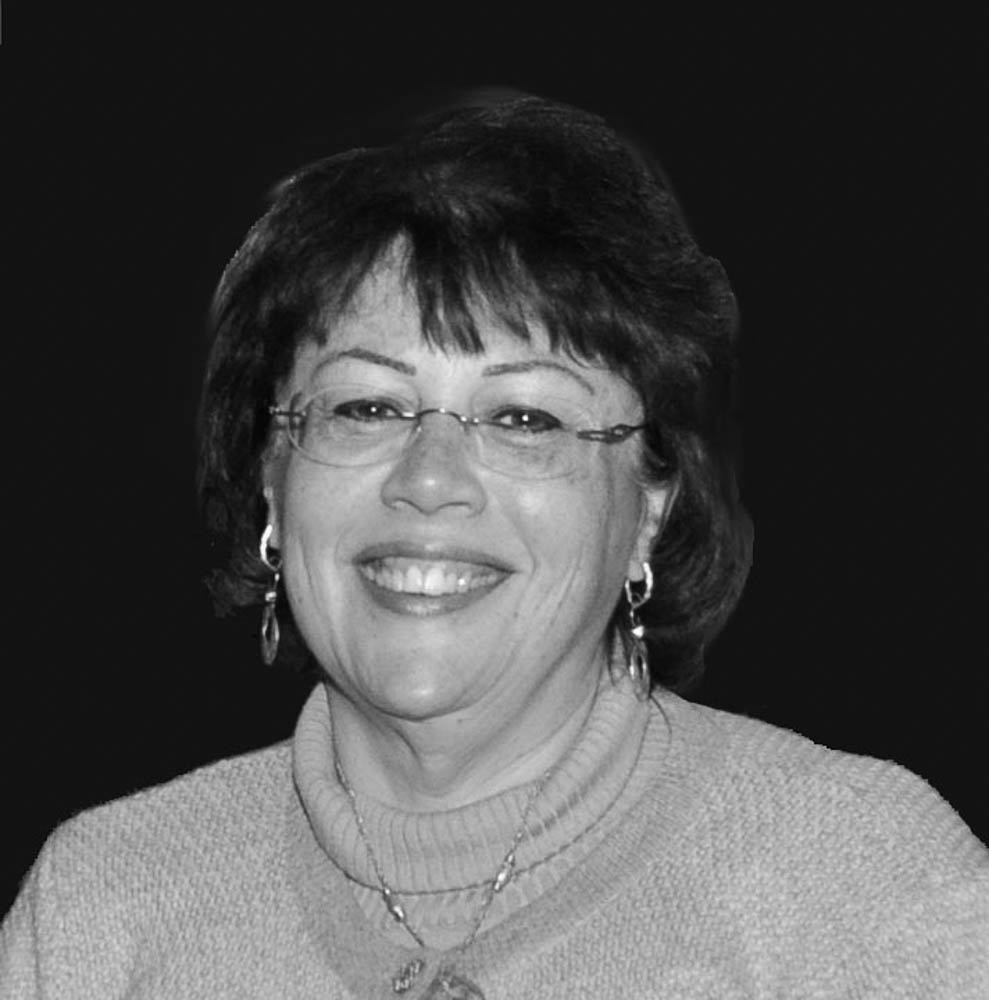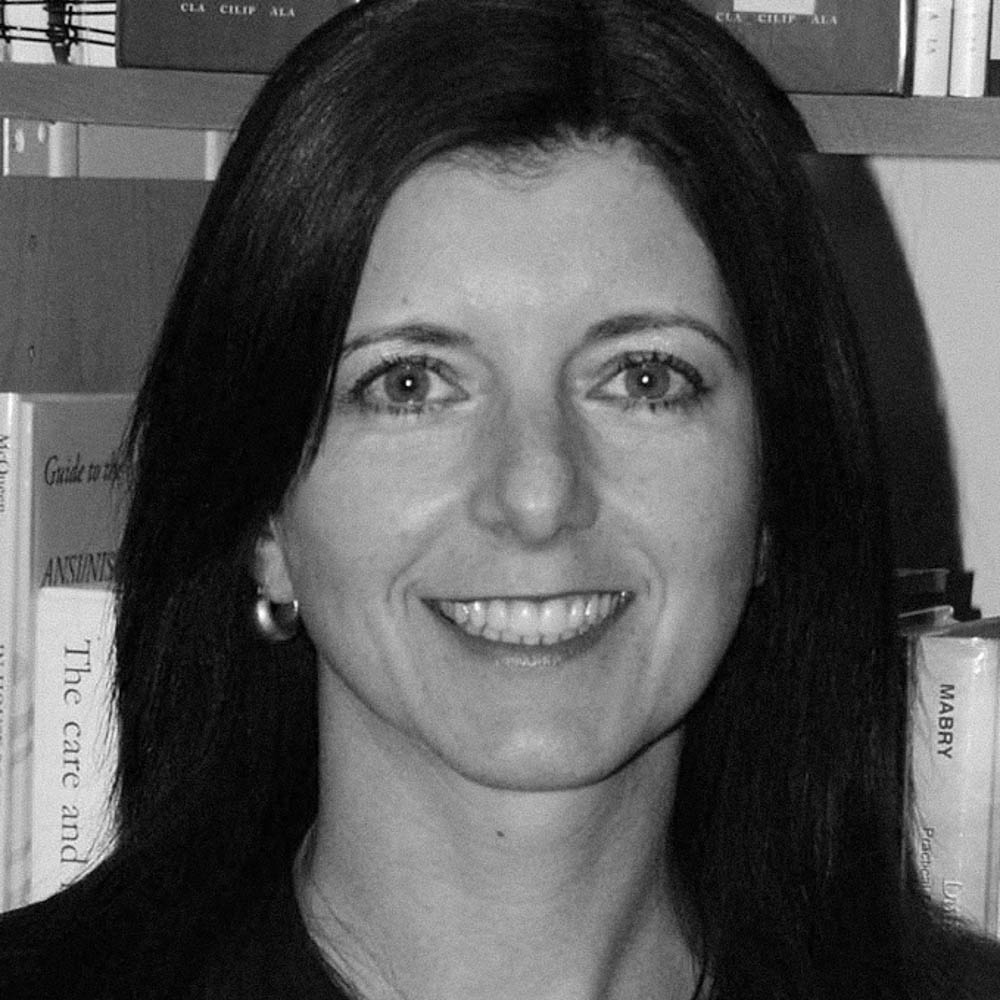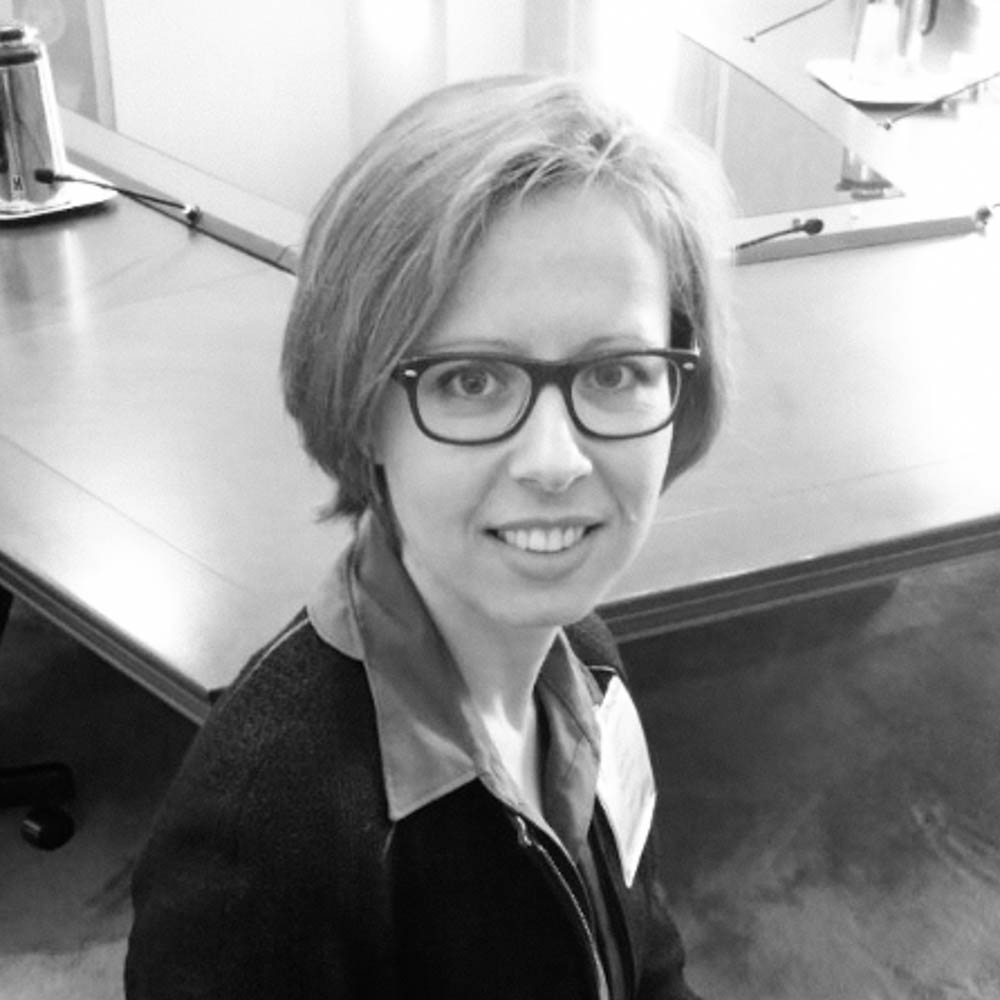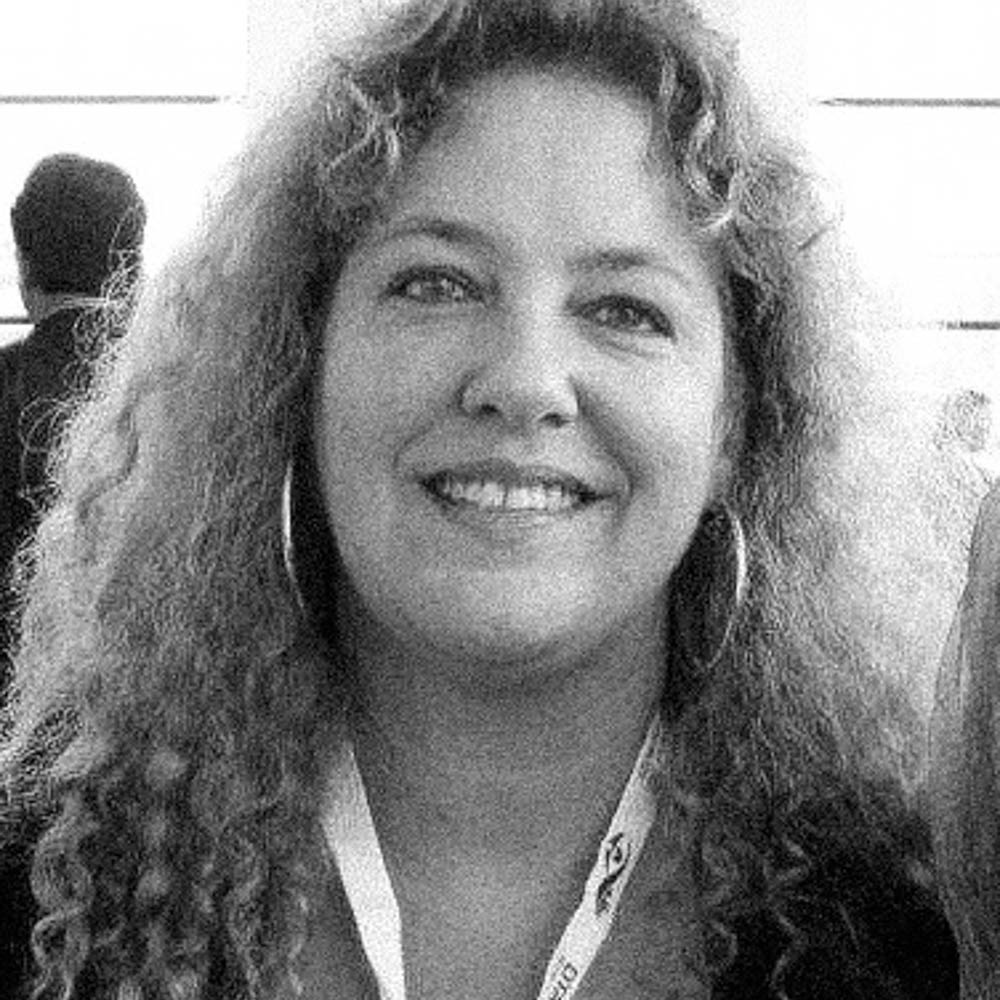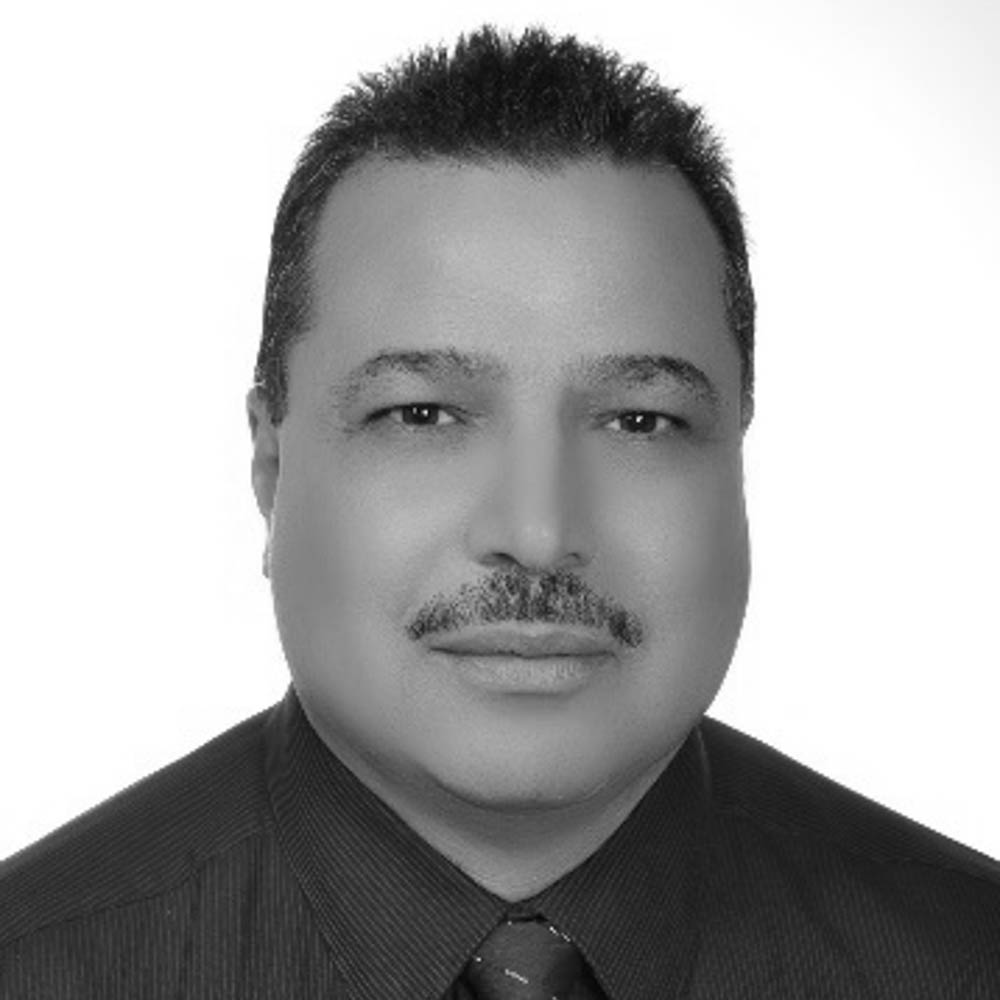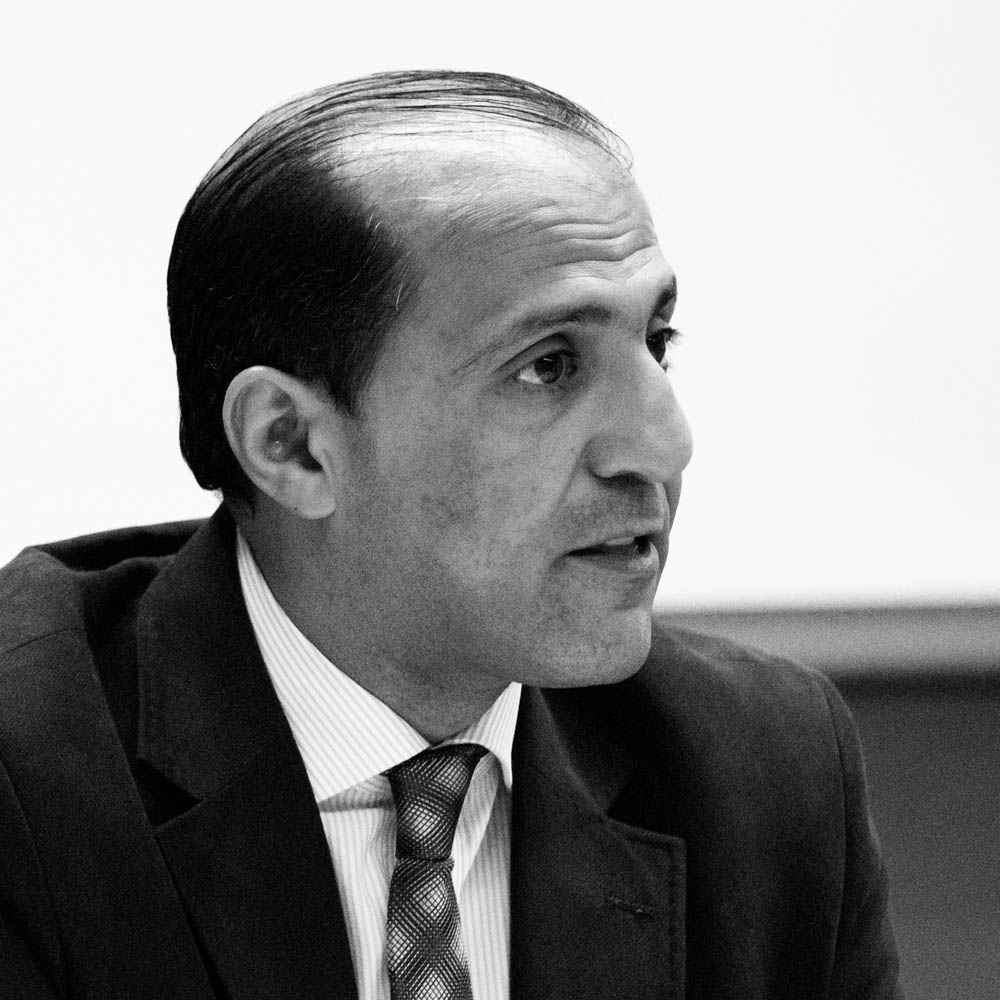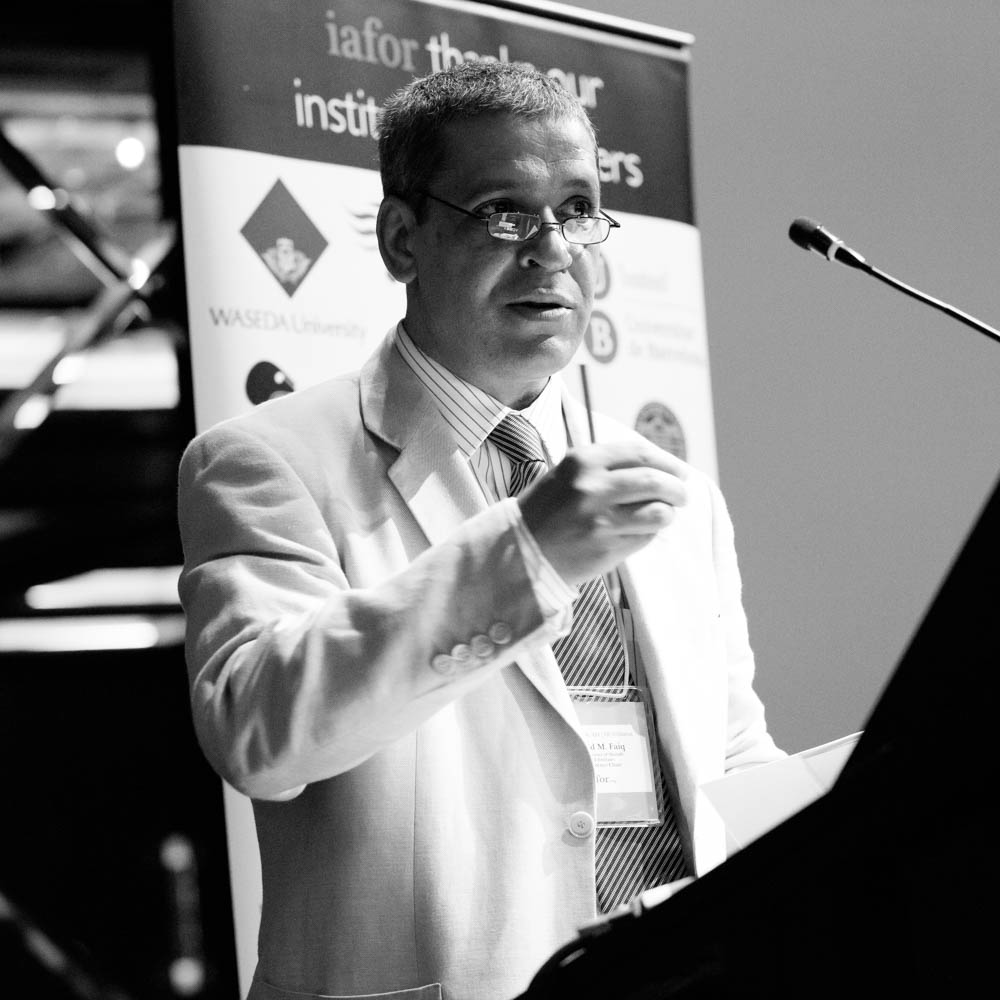- Conference Theme
- Programme
- Speakers
- Organising Committee
- Review Committee
- Reviewers
- Abstracts
- Grant & Scholarship Recipients
"Surviving and Thriving: Education in Times of Change"
February 16–18, 2018 | The InterContinental Festival City Event Centre, Dubai, UAE
In 2017, IAFOR education conferences in Asia, Europe, the Middle East and North America have brought together delegates from around the world to consider the theme of “Educating for Change” from a variety of different perspectives and approaches, taking full advantage of the international make-up of the attendees and the huge diversity of experiences. A recurring theme throughout the conferences was the reference to the future, be it immediate or longer term, as being uncertain; the natural resilience and optimism was counterbalanced by both apprehension; with hope also came fear.
In this period of great global political and economic instability, rising inequality and social unrest, the role of education within society has never been more important, but never more vulnerable. This brings us to our conference theme for 2018, which references these inherent vulnerabilities in both educational systems and the individual students and teachers, as well as the necessary resilience needed to not only survive, but also thrive.
How do we teachers, administrators and policymakers adopt and adapt to change outside our control? How do we nurture and encourage positive change, through the excitement of the imagination, innovation and creativity? How can technologies be better used to help us teach, and to help students learn? How do we sustain and manage change? How can we react positively to negative change? How can we, our institutions and our students survive and thrive in these times of change?
Programme
-
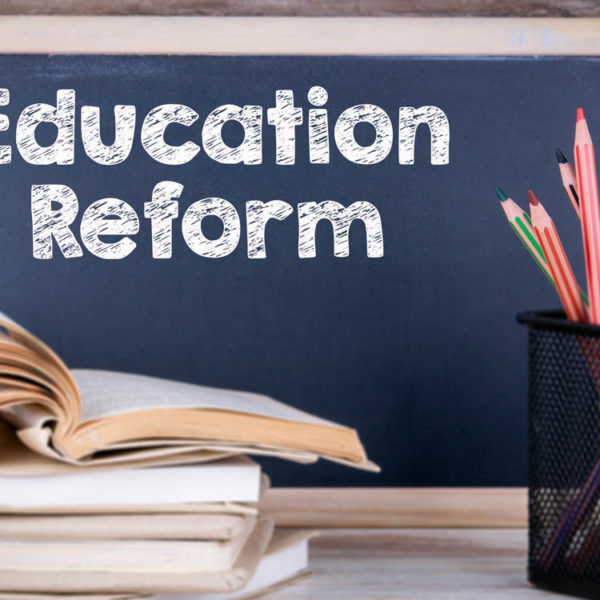 Innovation in Education Through Curriculum Reform and Research: The Case of the UAEFeatured Panel Presentation: Christina Gitsaki, Hayley Holuj, Hanada Taha, Radek (Radoslaw) Janik & Zainab Al Baloushi
Innovation in Education Through Curriculum Reform and Research: The Case of the UAEFeatured Panel Presentation: Christina Gitsaki, Hayley Holuj, Hanada Taha, Radek (Radoslaw) Janik & Zainab Al Baloushi -
 Using Critical Thinking Techniques in the ClassroomFeatured Presentation: Dr Sufian Abu-Rmaileh
Using Critical Thinking Techniques in the ClassroomFeatured Presentation: Dr Sufian Abu-Rmaileh -
 In the Era of Disruptive Transformations: Embracing the Imperative of Dynamic Adaptation to the Evolving World of WorkFeatured Presentation: Dr Virginia Bodolica
In the Era of Disruptive Transformations: Embracing the Imperative of Dynamic Adaptation to the Evolving World of WorkFeatured Presentation: Dr Virginia Bodolica -
 Key Trends, Challenges and Opportunities in the Field of Higher Education in the UAEFeatured Presentation: Professor Martin Spraggon
Key Trends, Challenges and Opportunities in the Field of Higher Education in the UAEFeatured Presentation: Professor Martin Spraggon -
 Classroom Management: Empirical and Practical PerspectivesFeatured Presentation: Professor Christine Coombe
Classroom Management: Empirical and Practical PerspectivesFeatured Presentation: Professor Christine Coombe -
 Edutainment for Political Reconciliation in South Africa: A Comparative Analysis of Mtwa’s Bopha! and Fugard’s Valley SongFeatured Presentation: Professor Mustafa Hashim Taha
Edutainment for Political Reconciliation in South Africa: A Comparative Analysis of Mtwa’s Bopha! and Fugard’s Valley SongFeatured Presentation: Professor Mustafa Hashim Taha -
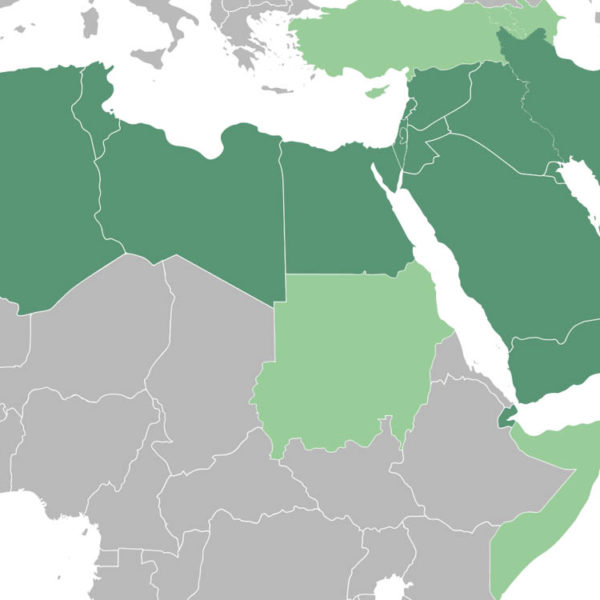 Exploring English Language Education in the MENA Region Now and in the FutureKeynote Presentation: Dr Deena Boraie
Exploring English Language Education in the MENA Region Now and in the FutureKeynote Presentation: Dr Deena Boraie -
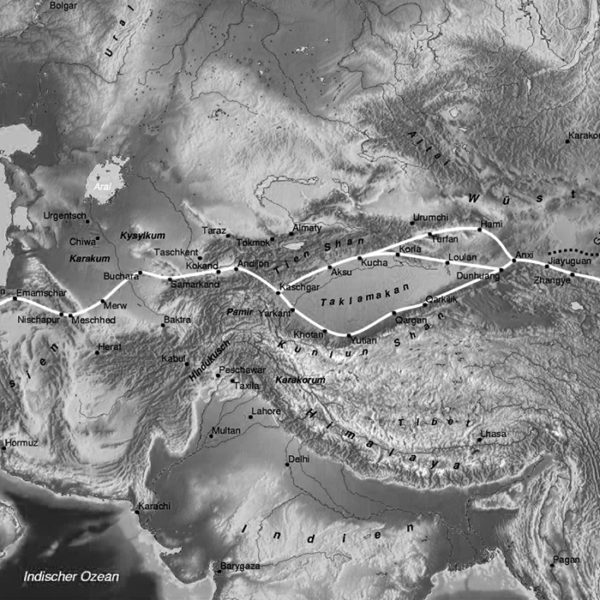 IAFOR Silk Road Initiative Information Session
IAFOR Silk Road Initiative Information Session -
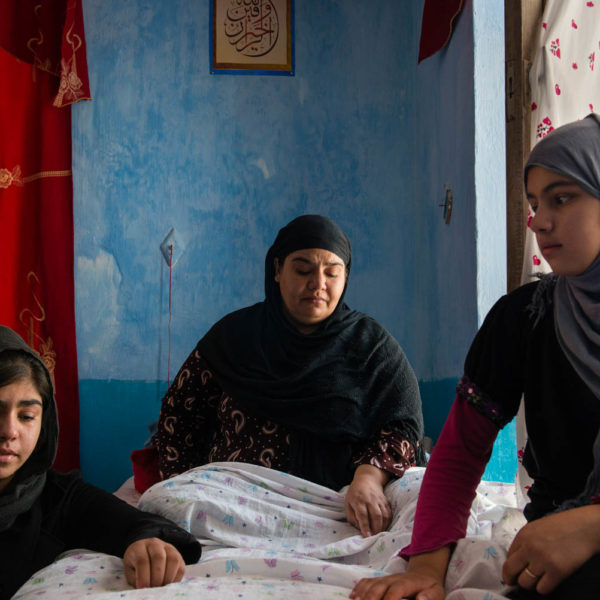 IAFOR Documentary Photography Award 2017 | Award Winners Screening
IAFOR Documentary Photography Award 2017 | Award Winners Screening
Speakers
-
 Zainab Al BaloushiMinistry of Education, UAE
Zainab Al BaloushiMinistry of Education, UAE -
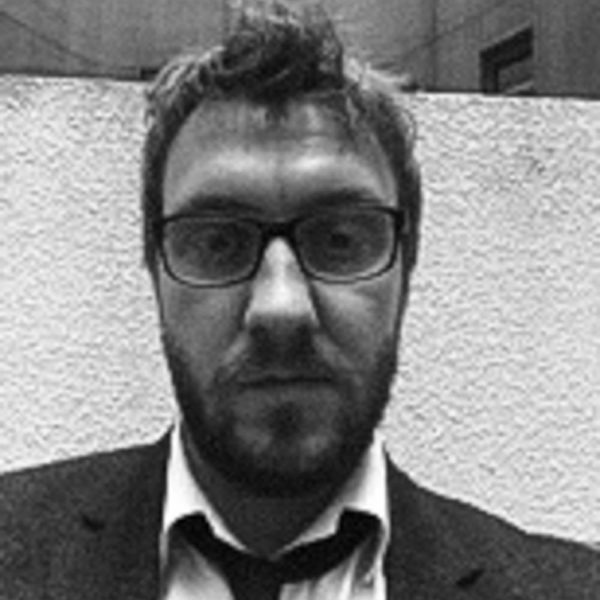 Radek (Radoslaw) JanikMinistry of Education, UAE
Radek (Radoslaw) JanikMinistry of Education, UAE -
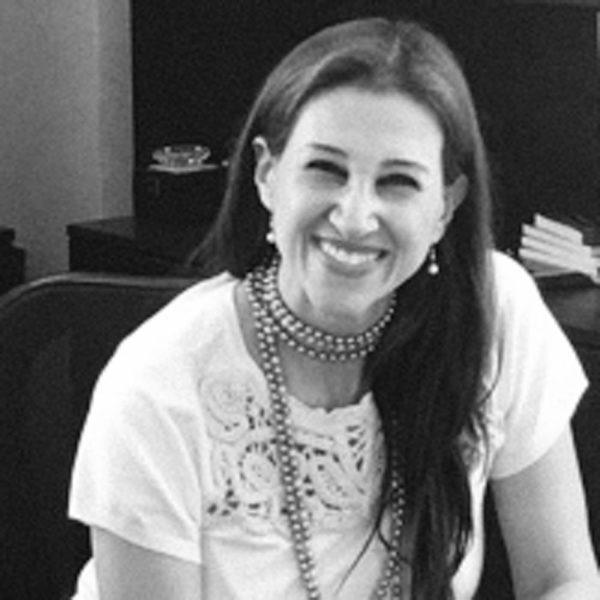 Professor Hanada TahaZayed University, UAE
Professor Hanada TahaZayed University, UAE -
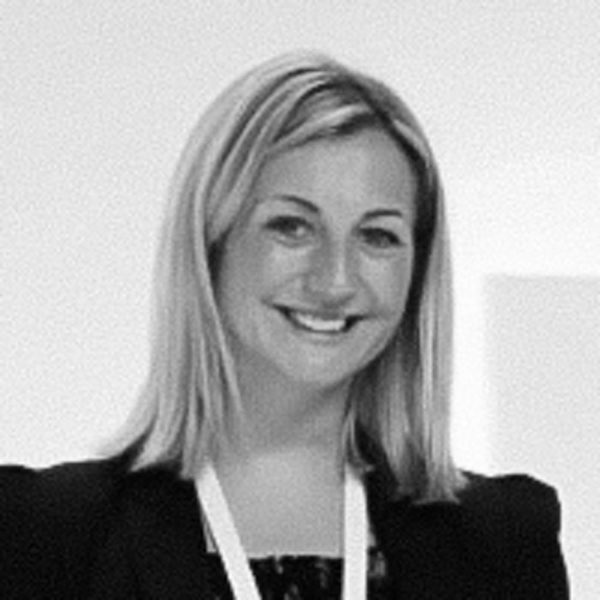 Hayley HolujMinistry of Education, UAE
Hayley HolujMinistry of Education, UAE -
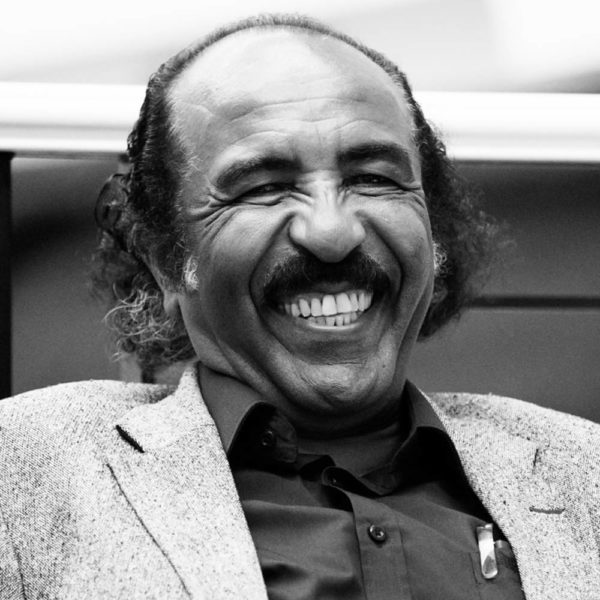 Professor Mustafa Hashim TahaAmerican University of Sharjah, UAE
Professor Mustafa Hashim TahaAmerican University of Sharjah, UAE -
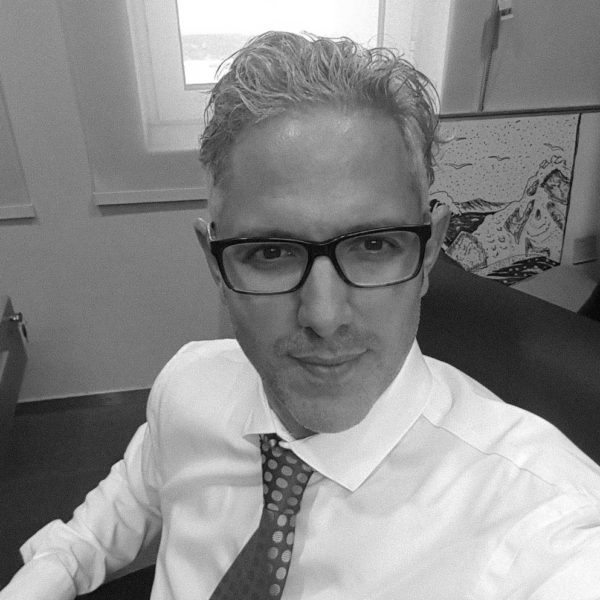 Dr Martin SpraggonMohammed Bin Rashid School of Government, UAE
Dr Martin SpraggonMohammed Bin Rashid School of Government, UAE -
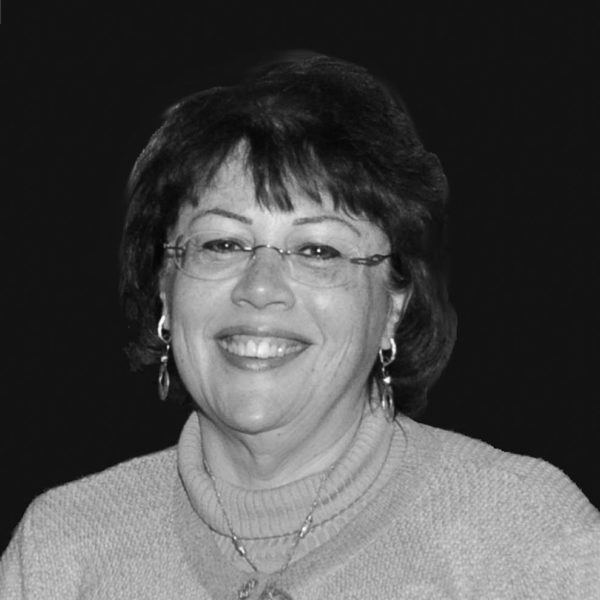 Dr Deena BoraieThe American University in Cairo, Egypt
Dr Deena BoraieThe American University in Cairo, Egypt -
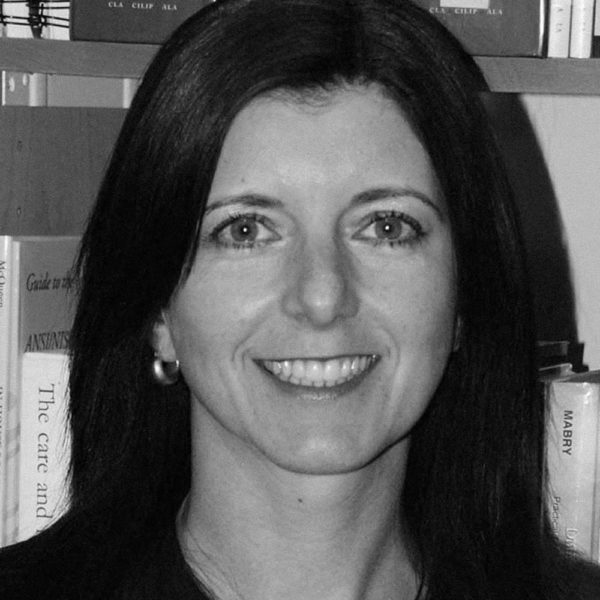 Dr Christina GitsakiZayed University, UAE
Dr Christina GitsakiZayed University, UAE -
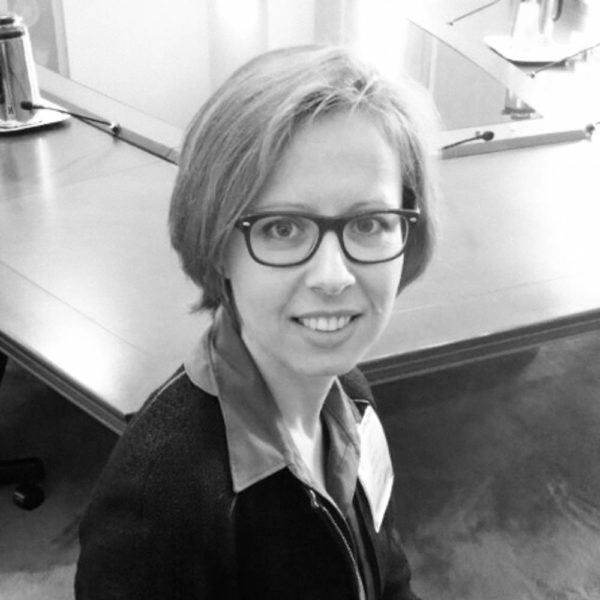 Dr Virginia BodolicaAmerican University of Sharjah, UAE
Dr Virginia BodolicaAmerican University of Sharjah, UAE -
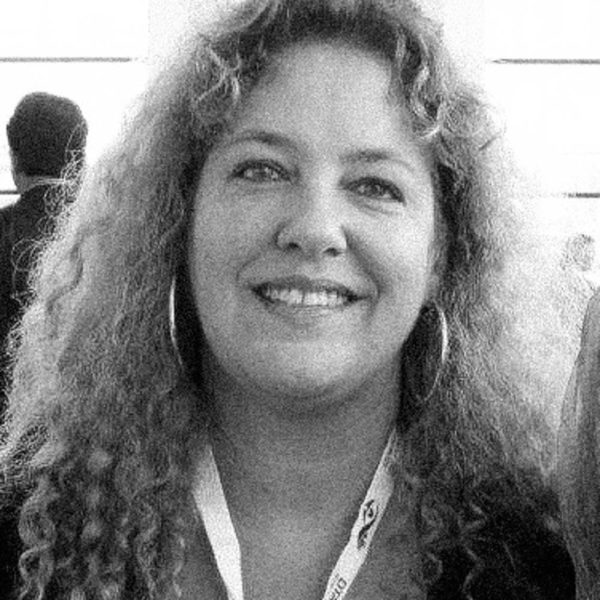 Dr Christine CoombeDubai Men's College, UAE
Dr Christine CoombeDubai Men's College, UAE -
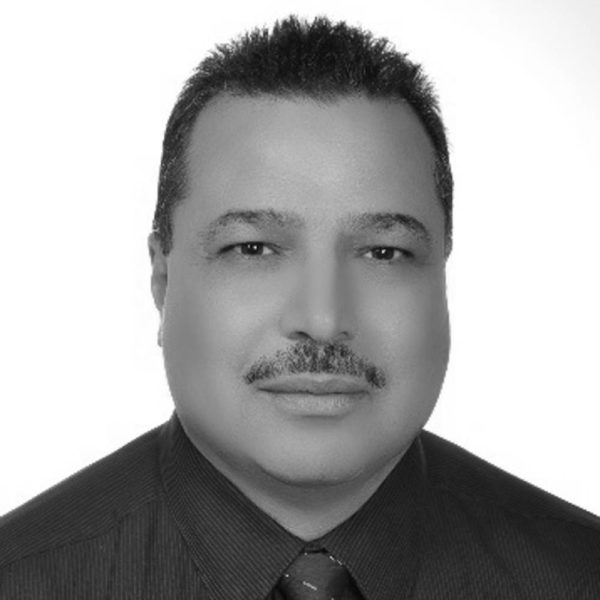 Dr Sufian Abu-RmailehUAE University, UAE
Dr Sufian Abu-RmailehUAE University, UAE
Organising Committee
The Conference Programme Committee is composed of distinguished academics who are experts in their fields. Conference Programme Committee members may also be members of IAFOR's International Academic Board. The Organising Committee is responsible for nominating and vetting Keynote and Featured Speakers; developing the conference programme, including special workshops, panels, targeted sessions, and so forth; event outreach and promotion; recommending and attracting future Conference Programme Committee members; working with IAFOR to select PhD students and early career academics for IAFOR-funded grants and scholarships; and overseeing the reviewing of abstracts submitted to the conference.
-
 Dr Joseph HaldaneThe International Academic Forum (IAFOR), Japan
Dr Joseph HaldaneThe International Academic Forum (IAFOR), Japan -
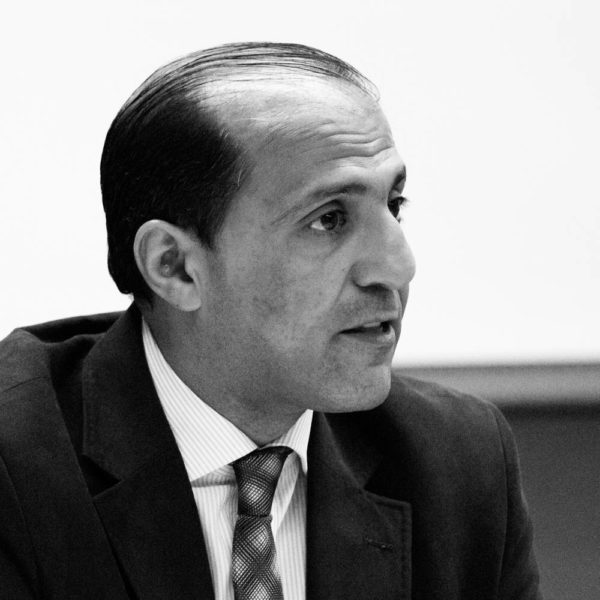 Dr Firas Al-JubouriAmerican University of Sharjah, UAE
Dr Firas Al-JubouriAmerican University of Sharjah, UAE -
 Dr Christina GitsakiZayed University, UAE
Dr Christina GitsakiZayed University, UAE -
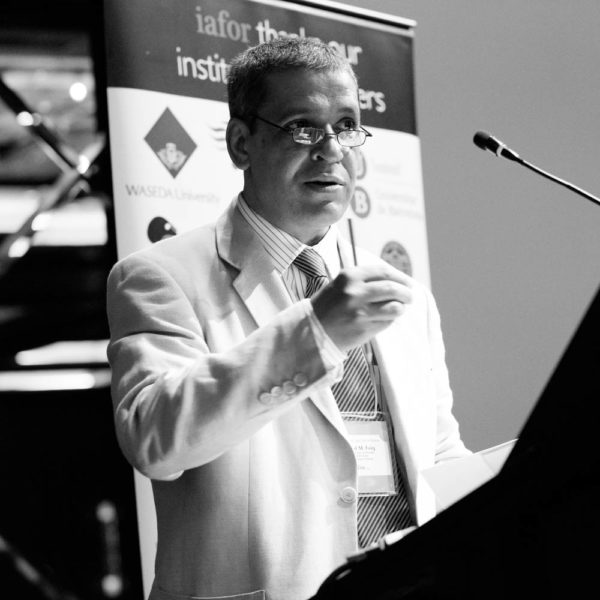 Professor Said M. FaiqAmerican University of Sharjah, UAE
Professor Said M. FaiqAmerican University of Sharjah, UAE -
 Dr Christine CoombeDubai Men's College, UAE
Dr Christine CoombeDubai Men's College, UAE -
 Dr Sufian Abu-RmailehUAE University, UAE
Dr Sufian Abu-RmailehUAE University, UAE
Review Committee
IICEDubai2018
Dr Antonella Coppi, Free University of Bolzano, Italy
Dr Asad Asadi, Kalam Language Institute, Iran
Dr Asma Khan, University of Education, Pakistan
Dr Christina Gitsaki, Zayed University, United Arab Emirates
Dr Claudette Onumah, Abu Dhabi Educational Council, United Arab Emirates
Dr David Palfreyman, Zayed University, United Arab Emirates
Dr Firas Al-Jubouri, American University of Sharjah, United Arab Emirates
Professor Liliana Dozza, Free University of Bolzano, Italy
Dr Matthew Robby, Higher Colleges of Technology, United Arab Emirates
Dr Melanie Gobert, Higher Colleges of Technology, United Arab Emirates
Dr Ping Wang, Higher Colleges of Technology, United Arab Emirates
Dr Ruba AlZeer, SusPact-Happiness Life Styled, Palestine
Dr Sufian Abu-Rmaileh, UAE University, United Arab Emirates
Dr Wafa Zoghbor, Zayed University, United Arab Emirates
Dr Zeina Hojeij, Zayed University, United Arab Emirates
IAFOR's peer review process, which involves both reciprocal review and the use of Review Committees, is overseen by conference Organising Committee members under the guidance of the Academic Governing Board. Review Committee members are established academics who hold PhDs or other terminal degrees in their fields and who have previous peer review experience.
If you would like to apply to serve on the IICEDubai2019 Review Committee, please visit our application page.
Reviewers
IICEDubai2018 Senior Reviewers
Dr Patience Agommuoh, Michael Okpara University of Agriculture, Umudike, Nigeria
Professor Nneka Augustina Umezulike, Michael Okpara University of Agriculture, Nigeria
Professor Olenka Bilash, University of Alberta, Canada
Dr Rhini Fatmasari, Universitas Terbuka, Indonesia
Dr Pascale Hajal, Notre Dame University, Lebanon
Dr Pongthep Jiraro, Burapha University, Thailand
Dr Zohraida Karim, The Educationalists, Tanzania
Professor Robert Mitchell, University of Colorado – Colorado Springs, United States
Bello Musa, Sokoto State University, Nigeria
Dr Maryann Chinwe Ndirika, Michael Okpara University of Agriculture, Umudike, Nigeria
Dr Olusegun Samson Obadire, University of Venda, South Africa
Dr Soyoung Park, Education Research Institute, Seoul National University, Republic of Korea
Dr Tony Pellegrini, Southern Utah University, United States
Dr Rajasshrie Pillai, Pune Institute of Business Management, India
Dr Ilana Ronen, Kibbutzim College of Education, Technology and Arts, Israel
Yohanna Tagans, Federal College of Education (Technical) PMB 1013 Potiskum Yobe State, Nigeria
Dr Rachel Takriti, United Arab Emirates University, United Arab Emirates
Professor Robert Winston Taylor, Montclair State University of New Jersey, United States
Reverend Amarachi Nnachi Ukoma, Ebonyi State University, Nigeria
Professor Bilin Xu, Tianjin University of Finance & Economics, China
Dr Prayekti, Open University of Indonesia, Indonesia
IICEDubai2018 Reviewers
Dr Bharat Rout, University of Missouri-Columbia, United States
IAFOR Grant & Scholarship Recipients 2018
Our warmest congratulations go to Omneya Omar, Omar J. Salaam and Shahla Simin, recipients of IAFOR Scholarships, who have been selected by the conference Organising Committee to receive financial support to present their research at The IAFOR International Conference on Education – Dubai 2018 and The IAFOR International Conference on Language Learning – Dubai 2018.
IAFOR's grants and scholarships programme provides financial support to PhD students and early career academics, with the aim of helping them pursue research excellence and achieve their academic goals through interdisciplinary study and interaction. Awards are based on the appropriateness of the educational opportunity in relation to the applicant's field of study, financial need, and contributions to their community and to IAFOR's mission of interdisciplinarity. Scholarships are awarded based on availability of funds from IAFOR and vary with each conference.
The Organising Committee of the relevant IAFOR conference awards scholarships to eligible applicants who have submitted exceptional abstracts that have passed the blind peer review process and have been accepted for presentation at the conference.
Omneya Omar, Lancaster University, UK
IAFOR Scholarship Recipient
Ms Omneya Omar is currently a Doctoral Student at Faculty of Arts and Social Sciences, Higher Education Research department, Lancaster University, UK, and was previously an Academic Counseling Team Leader at American University of the Middle East, Kuwait. Ms Omar earned her MSc. in Business Psychology from Heriot Watt University. Her research focus well being through learning, with specific focus on lifelong learning and capturing informal learning experiences within the society and workplace.
Omar J. Salaam, University of South Florida, USA
IAFOR Scholarship Recipient
Omar J. Salaam holds an MEd in Educational Leadership with a concentration on the Principalship, a BA in Music Education, and is scheduled for a final defense of his dissertation this semester to complete a PhD in Educational Leadership and Policy Studies from the University of South Florida, USA. His twenty-plus years of experiences in K-12 education incorporate success in private and public schools, local and international schools abroad, and as both a teacher and an assistant principal and principal. His global brand management style also resulted in the corporate experience of working as an educational consultant. He has worked extensively in the areas of global education, diversity and social justice endeavors. Now living and working in Saudi Arabia as a College & Careers Counselor at an International School, Omar looks forward to networking within the Middle East region in his pursuit of a professorship in this region.
Shahla Simin, Teacher Training University, Iran
IAFOR Scholarship Recipient
Dr Shahla Simin, holds a PhD in Applied Linguistics from the University of Isfahan, Iran, and an MA and BA in TEFL. She is currently an English instructor in a teaching training program in Isfahan, Iran. Her research interests lie in the areas of pragmatics, sociopragmatics, sociolinguistics, discourse analysis, ESP/EAP and online communication.







